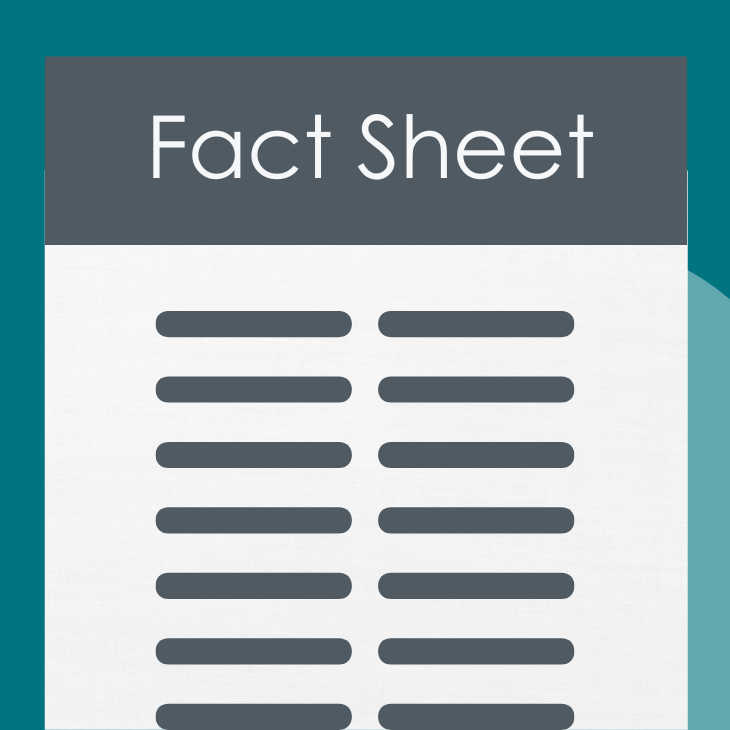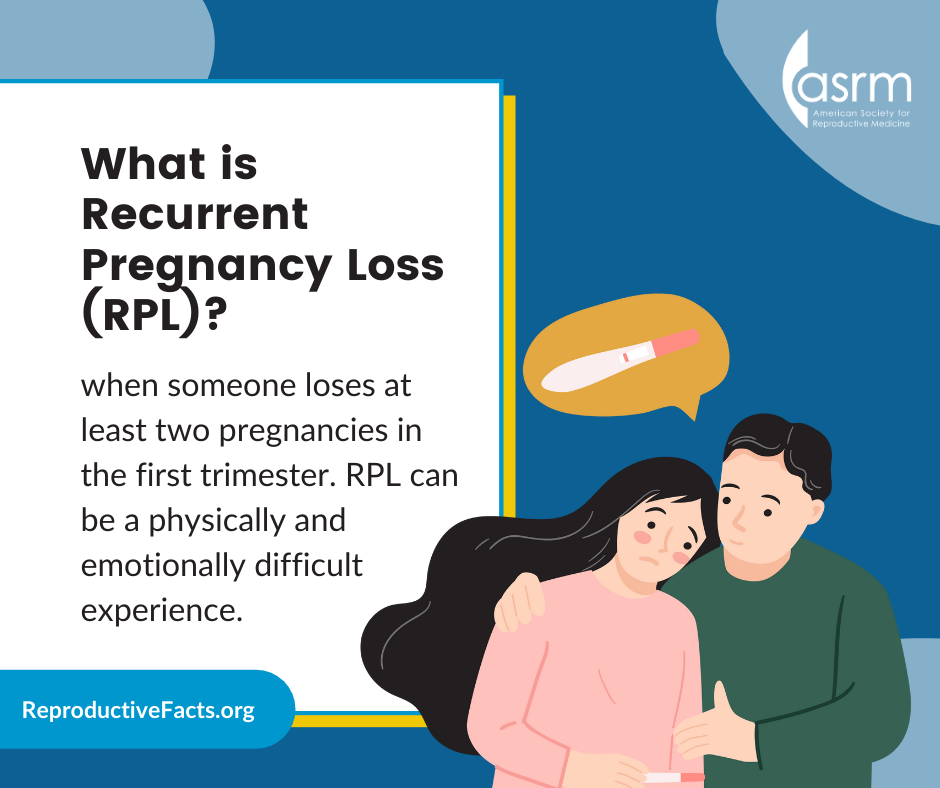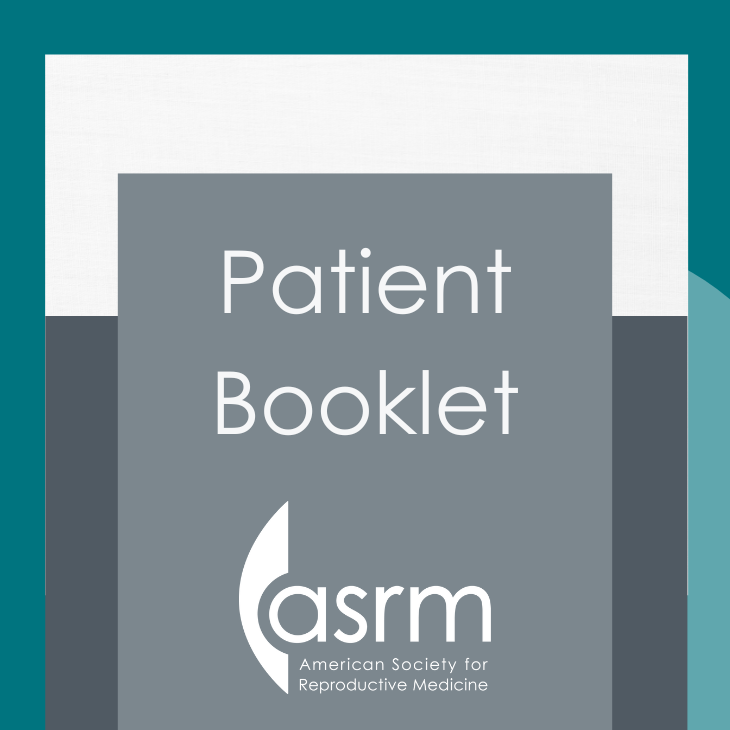
Kristen Ritchie's Story
I spent seven years navigating infertility, which was tumultuous but also a period of tremendous personal growth in hindsight. We were eager to start a family after marrying; we became pregnant naturally and miscarried twice. I was distraught and proactively sought out a reproductive endocrinology and infertility specialist (REI). Diagnostic testing revealed that I had diminished ovarian reserve (DOR), the medical term for a low egg count. We proceeded with in vitro fertilization (IVF) with preimplantation genetic testing with aneuploidy screening since our losses were likely due to chromosomal abnormalities. Our first two cycles were failures, without yielding any embryos. We proactively collaborated with our REI on a cycle strategy, making drug and dosage changes, and finally yielded one chromosomally normal embryo, which ultimately became our son, Nolan.
Given my DOR diagnosis being linked to aging, we were back to IVF shortly after Nolan’s birth. It was a ‘now or never’ chance, and we proceeded with little expectations. However, we incorporated our learnings from my last cycle and adjusted dosing throughout three consecutive cycles, which successfully resulted in three PGT-A normal and two mosaic embryos (defying the odds for a DOR patient).
Our renewed optimism for becoming a family of four faded fast; our first and second frozen embryo transfers (FETs) resulted in miscarriage, unexpectedly to us and our medical team since the embryos were chromosomally normal. With just one normal embryo remaining, I could not leave any stone unturned. The next two years were spent working and consulting with various medical professionals for a thorough recurrent pregnancy loss evaluation and second opinions to discuss conventional and unconventional approaches to reduce the risk of pregnancy loss. After various procedures and using additional medications and treatments, I experienced a biochemical pregnancy with our last normal embryo. There seemingly was no path forward, and I had only mosaic embryos remaining (embryos with both normal and abnormal cells with less chance of success and a higher risk for miscarriage). I consulted again with a REI who I had been in touch with throughout my journey as an advisor and combining his experience and a recent medical journal publication, we proceeded from a new angle. After three months of treatment under his care, we transferred my last mosaic embryo, which resulted in a successful pregnancy and ultimately our son, Easton.

I suppressed the loneliness, desperation and emotional exhaustion along my journey, to a fault, as I dealt with unexpected logistical obstacles: waiting for appointments with professionals who may have answers, advocating for insurance coverage for fertility treatment and procedures, finding labs to participate in complex testing, and pharmacies to dispense certain prescribed medications, handling all of the accompanying financial burdens, etc. In hindsight, I was laser-focused on any variable I could analyze or control, since I lost hope and optimism with each loss and setback I endured.
Reflecting on my long journey, there are lessons I learned which I share in hopes of helping others:
I overcame infertility with determination, commitment and sacrifice. The days and years were grueling, but not only did I have my two boys, I gained self confidence and have an enhanced view and appreciation of motherhood shaped by my experiences. In addition, relationships with new friends, including some from my medical care teams blossomed and to this day, we remain filled with gratitude and they share the joys in our boys’ milestones.
Given my DOR diagnosis being linked to aging, we were back to IVF shortly after Nolan’s birth. It was a ‘now or never’ chance, and we proceeded with little expectations. However, we incorporated our learnings from my last cycle and adjusted dosing throughout three consecutive cycles, which successfully resulted in three PGT-A normal and two mosaic embryos (defying the odds for a DOR patient).
Our renewed optimism for becoming a family of four faded fast; our first and second frozen embryo transfers (FETs) resulted in miscarriage, unexpectedly to us and our medical team since the embryos were chromosomally normal. With just one normal embryo remaining, I could not leave any stone unturned. The next two years were spent working and consulting with various medical professionals for a thorough recurrent pregnancy loss evaluation and second opinions to discuss conventional and unconventional approaches to reduce the risk of pregnancy loss. After various procedures and using additional medications and treatments, I experienced a biochemical pregnancy with our last normal embryo. There seemingly was no path forward, and I had only mosaic embryos remaining (embryos with both normal and abnormal cells with less chance of success and a higher risk for miscarriage). I consulted again with a REI who I had been in touch with throughout my journey as an advisor and combining his experience and a recent medical journal publication, we proceeded from a new angle. After three months of treatment under his care, we transferred my last mosaic embryo, which resulted in a successful pregnancy and ultimately our son, Easton.

I suppressed the loneliness, desperation and emotional exhaustion along my journey, to a fault, as I dealt with unexpected logistical obstacles: waiting for appointments with professionals who may have answers, advocating for insurance coverage for fertility treatment and procedures, finding labs to participate in complex testing, and pharmacies to dispense certain prescribed medications, handling all of the accompanying financial burdens, etc. In hindsight, I was laser-focused on any variable I could analyze or control, since I lost hope and optimism with each loss and setback I endured.
Reflecting on my long journey, there are lessons I learned which I share in hopes of helping others:
- It is imperative for women to be proactive about their reproductive health, and it may be necessary to get multiple opinions and expertise.
- IVF is often not successful in the first cycle, and can become a trial and error process since there are so many variables to reproductive health, and not all variables are within the expertise of every REI.
I overcame infertility with determination, commitment and sacrifice. The days and years were grueling, but not only did I have my two boys, I gained self confidence and have an enhanced view and appreciation of motherhood shaped by my experiences. In addition, relationships with new friends, including some from my medical care teams blossomed and to this day, we remain filled with gratitude and they share the joys in our boys’ milestones.

Ovarian reserve (predicting fertility potential in women)
In later life, women have fewer eggs, egg quality goes down, and eggs have more abnormalities in their chromosomes (genetic material).
Genetic Screening for Birth Defects
Birth defects, which occur in nearly one in 20 pregnancies, range in severity from minor anatomic abnormalities to extensive genetic disorders or mental retardation. Some couples have a greater than average risk of having a child with a birth defect.
What is Recurrent Pregnancy Loss (RPL)?
This is a condition when a woman has 2 or more clinical pregnancy losses (miscarriages) before the pregnancies reach 20 weeks.
Assisted Reproductive Technologies (booklet)
This booklet will help you understand in vitro fertilization (IVF) and other assisted reproductive technology (ART) that have become accepted medical treatments for infertility.Find a Health Professional
Connect with reproductive medicine experts who will guide you through your unique journey. Our search tool allows personalized matches based on location, specialization, and expertise. Take control of your reproductive health with compassionate providers, innovative treatments, and unwavering support.
Search for an Expert











